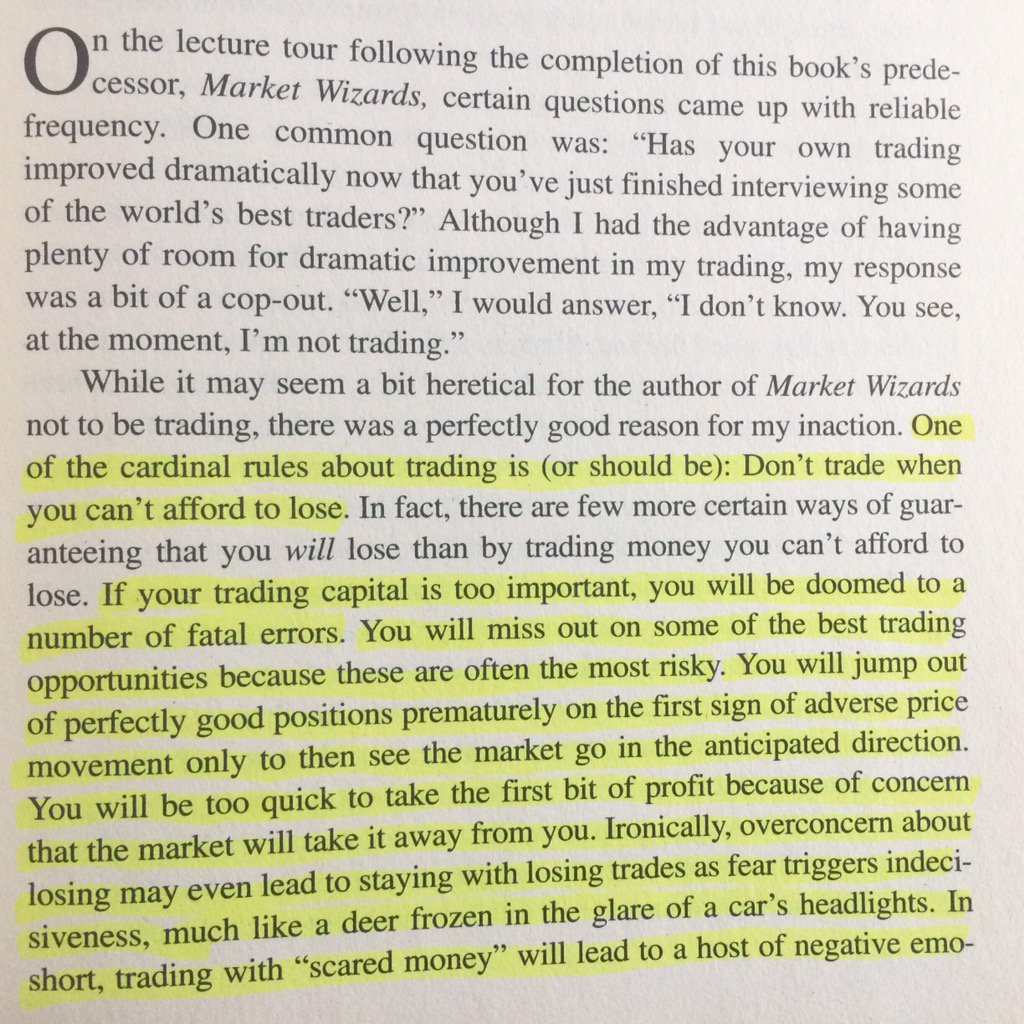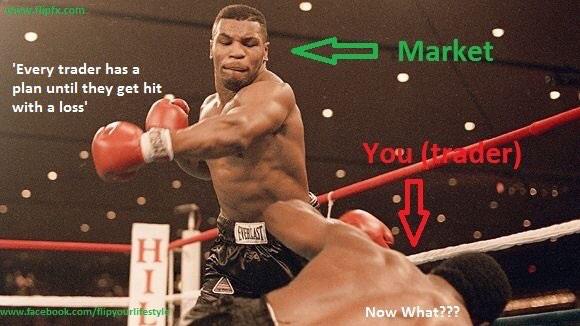Won’t– Phrases include: “The market won’t…” or “I won’t make money”. Notice a theme here? You are part of the market, you are not the market. Not getting what you expect, even if it is positive, confuses the brain. If you expect to lose and don’t it is still a bad outcome. Your brain is going through enough as it is. The market is a one way walkie talkie, you listen, it talks.
Can’t– Phrases include: “The market can’t..” or “I can’t…” or “I can’t lose anymore”. Yes the market can, go look at a chart. Go look at a Fed day or about any chart from 2008. Not only can it happen, it does happen. There are no more once in a lifetime moves in the market. There are and always have been life changing moves. No one ever said trading was easy but at least in the case of futures someone is taking your money. If you think you can’t, you probably wont. The market will take every penny you have. If can take every penny you put at risk. Fix the problem, when you run out of money it is too late.







